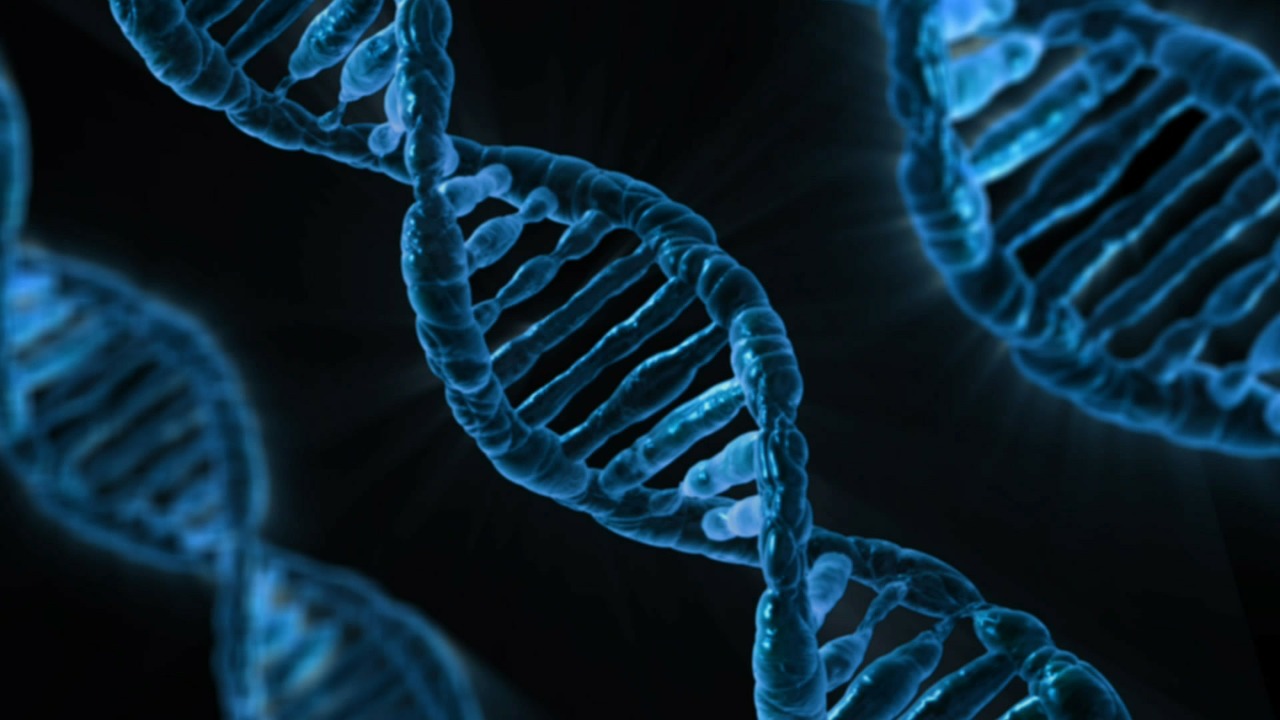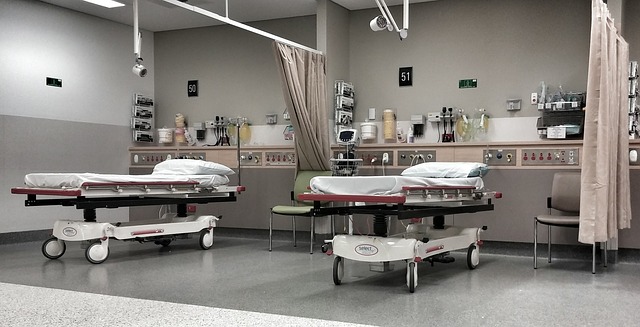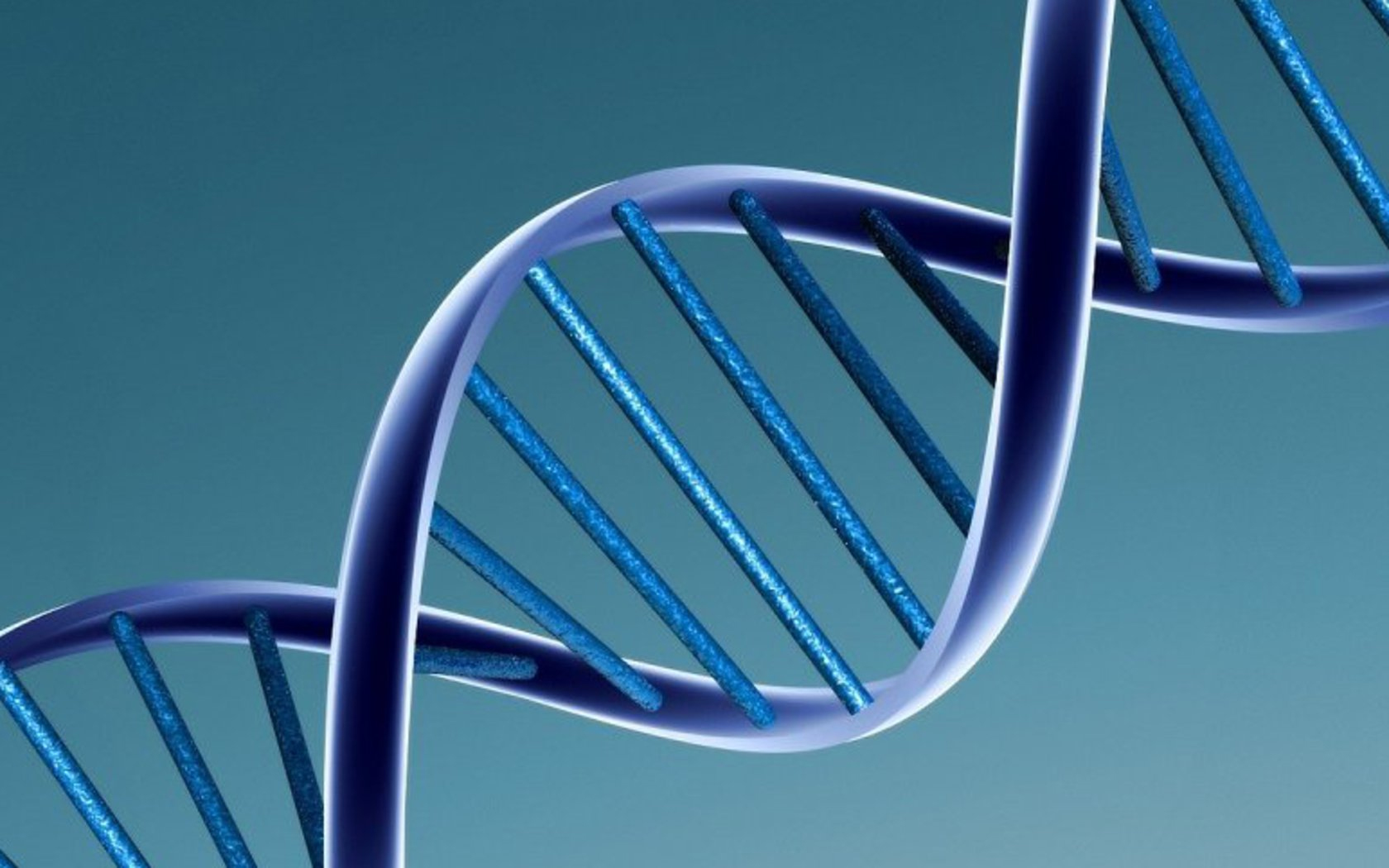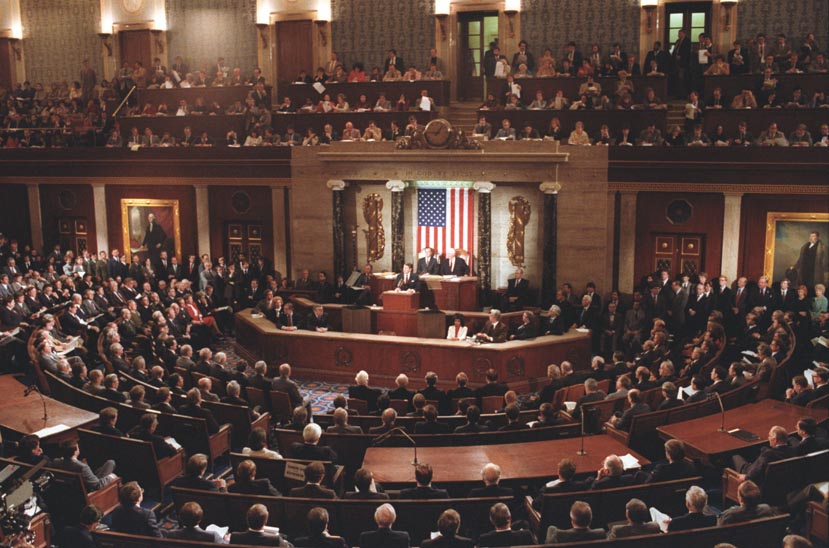As I sat in my “treatment” chair this morning, sucking down some medication and shaking in my Vest, I came across an article that shows us the debate over the ethics surrounding CRISPR-Cas9 has not only begun, but is also alive and well.
I wrote about CRISPR last week, albeit in a satirical tone, and praised the coming technology as a potential savior for people with CF, and perhaps even the key to eradicating the disease that I, along with so many, live with. Like many technological breakthroughs throughout our history, critics claim that CRISPR comes with quite a few negatives. The article I read this morning had a little bit different of a take on the topic than I did:
Source – But for me, this breakthrough is not just about science or medicine or the future of humankind. It’s about faith and family, love and loss. Most of all, it’s about the life and memory of my brother.
Jason was born with muscle-eye-brain disease…He lived past his first year thanks to marvels of modern medicine. A shunt surgery to drain excess cerebrospinal fluid building up around his brain took six attempts, but the seventh succeeded. Aside from those surgeries’ complications and intermittent illnesses due to a less-than-robust immune system, Jason was healthy. Healthy and happy — very happy…
Jason’s disabilities fundamentally shaped his experience of the world…. If praying for his healing meant praying for him to be “normal,” we were praying for Jason to become someone else entirely. We were praying for a paradox… Perhaps scientists will soon find a way to correct mutations in [disease causing] and related genes. Perhaps people will no longer be born with it. But that means there would never be someone like Jason. Those prayers I mentioned above? Science will have retroactively answered them. That thought brings me to tears.
I wish we could cure cancer, relieve undue pain and heal each break and bruise. But I also wish for a world with Jason and people like him in it. I want a world accessible and habitable for people — full stop — not just the people we design…. It is with great responsibility that we as a society balance along the tightrope of biomedical progress. I long for us to find that balance. I’ve certainly not found it for myself. Lest I forget how often we’ve lost it and how easy it is to fall, I hold dearly onto the living memory of Jason. I no longer pray for paradoxes, but for parity — for the promise of a world engineered not for normality, but equality.
But that world will never come if we edit it away.
So this article was pretty deep and well thought out. I encourage you to go read the whole thing – it’s not too long, and it’s certainly very elegant.
I just can’t help but disagree.
Call me biased simply because I am living with a genetic condition, but the fact that I can see the key to the end of suffering for thousands goes a long way in the way of “hope.” In fact, I think it is such a wonderful sign of hope, one many of us with CF could only dream of prior to the advent of this technology, that even the idea of one day collecting retirement brings a smile to my face.
I agree with the writer, my experience of the world has certainly been shaped by my disability. I’d be an idiot to think otherwise. There is no hiding the fact that my disability is a defining quality. To that point I don’t think I’d ever feel “normal” in any sense of the word were I to be “cured.” Having lived with a killer inside me for 26+ years, I’m not sure I could ever be “normal. ”
I am an incredibly disciplined person, and possess a certain resiliency that people strive for. Those are traits that I’ve had to master because my health and success as a person demand them, not because I set out one day and decided I was going to become a resilient disciplined person. So yes, in that way, and many others, my life has been altered through the lens of my condition, which is probably why I am offering my dissenting opinion.
It was not so long ago that people living with cystic fibrosis had very little hope in their personal futures. We are on the precipice of seeing that sliver of hope become a reality for so many families across the globe. It may not happen today or tomorrow, or within the next 10 years, but keys to the kingdom of a world free of cystic fibrosis are now seemingly within our grasp, and that is something I can hang my hat on.
I have not dedicated my life to the fundamental goal of seeing a world where cystic fibrosis patients no longer have to live with a terminal illness, only to have someone fear for a future where he will be missing out on living with people who have disabilities.
Give me a f*cking break.
Do you think any of this shit is fun – waking up, disconnecting from my feeding tube and feeling like I can’t breathe, only to sit in a chair for an hour and a half to regain the gift of breath, then proceed through the day knowing that tomorrow will hold much of the same?
That’s not to say I don’t think I am living a full life despite my CF. I know I am, but I’m if sorry my potential of becoming someone different entirely exists should I get to a point in my life where my CF is no longer a primary concern of mine. What do you think people with cystic fibrosis would do should we no longer have to spend the time, energy or passion taking care of ourselves? I try to stay away from this rabbit hole of thought, but to make a point here; I want to scratch the surface.
Personally, I’d have HOURS more in the day to be not only a productive member of a society that demands so much from its citizens, but also a more active member in my family, social circle and community.
To that point, I think the world is, in fact, conforming to the disabled. We are constantly searching for answers to the (physical and ethical) question of why? I see CRISPR gene-editing as an answer to the ultimate puzzle of why people with cystic fibrosis, or any genetic illness, have to live like we do. My desire isn’t to assimilate into the world as a typical person. No one is typical. Everyone has his or her own battles to fight, whether or not they are health related.
Rather I’d finally have the ability to live my life on a level playing, one where I am not hindered by the constant search for something as simple of air.
I challenge the writer of this Time article to use the memory of his brother to push the boundaries that impact people living with progressively debilitating diseases in a way that helps us rid the world of suffering, and allows those who would be disabled to see life through a lens filled with opportunity and potential.





